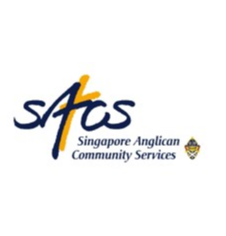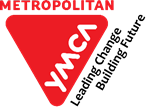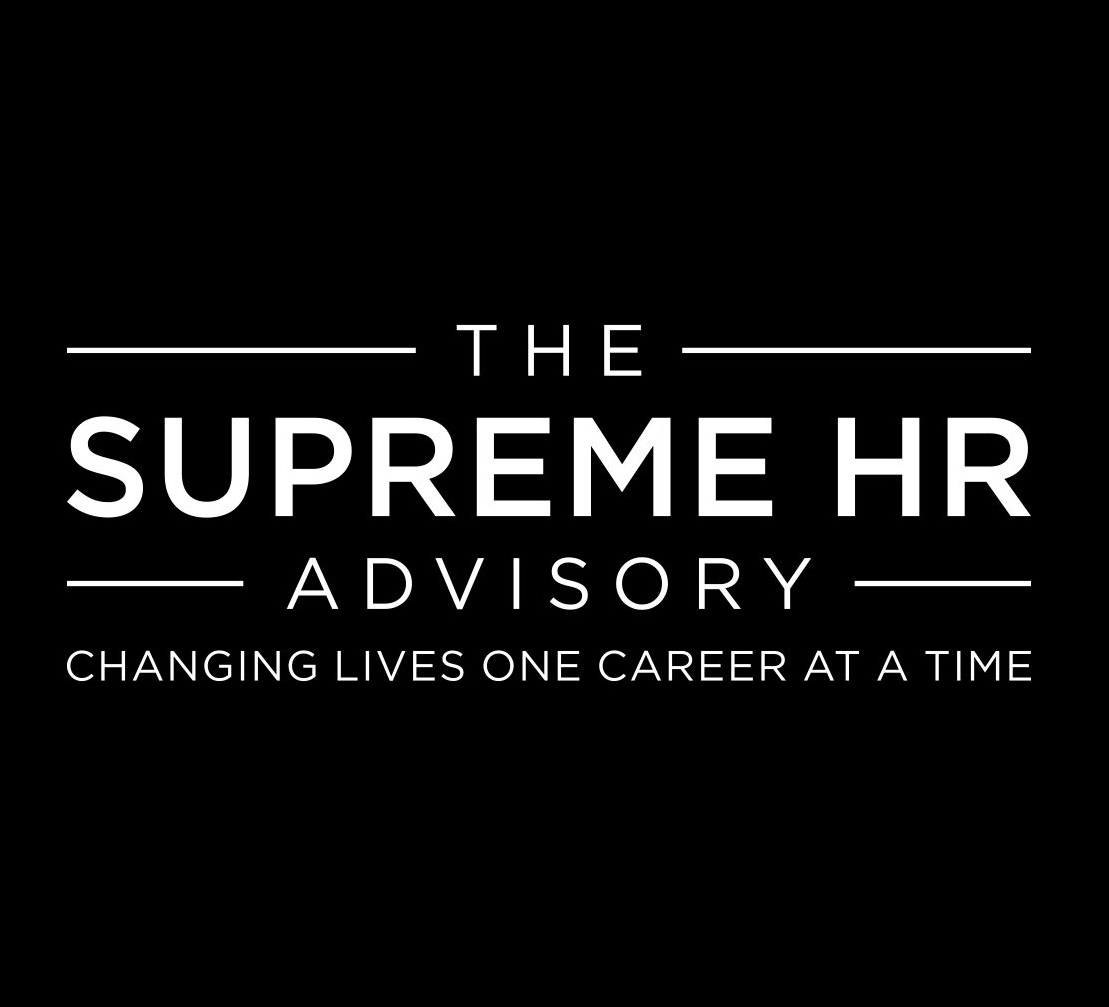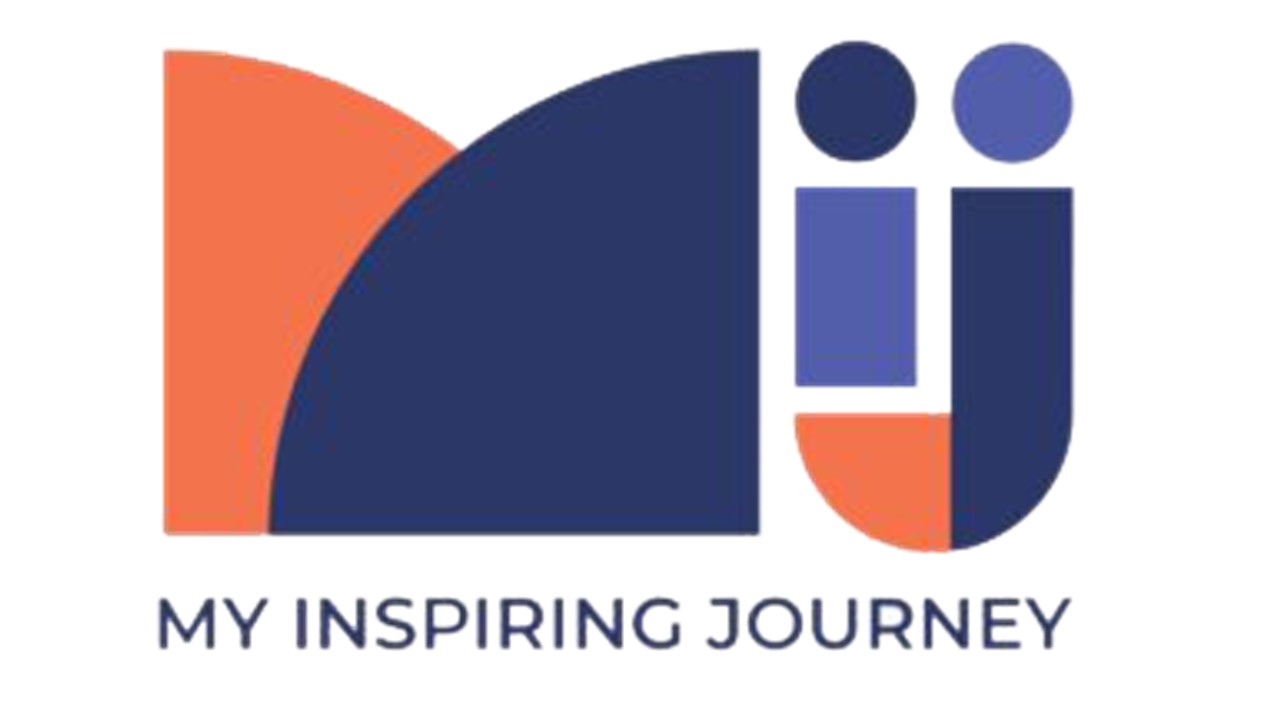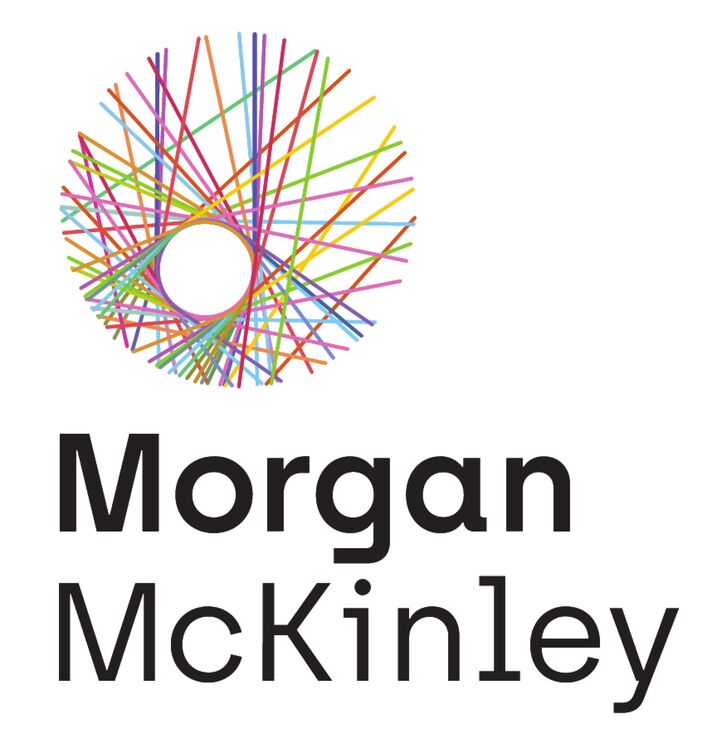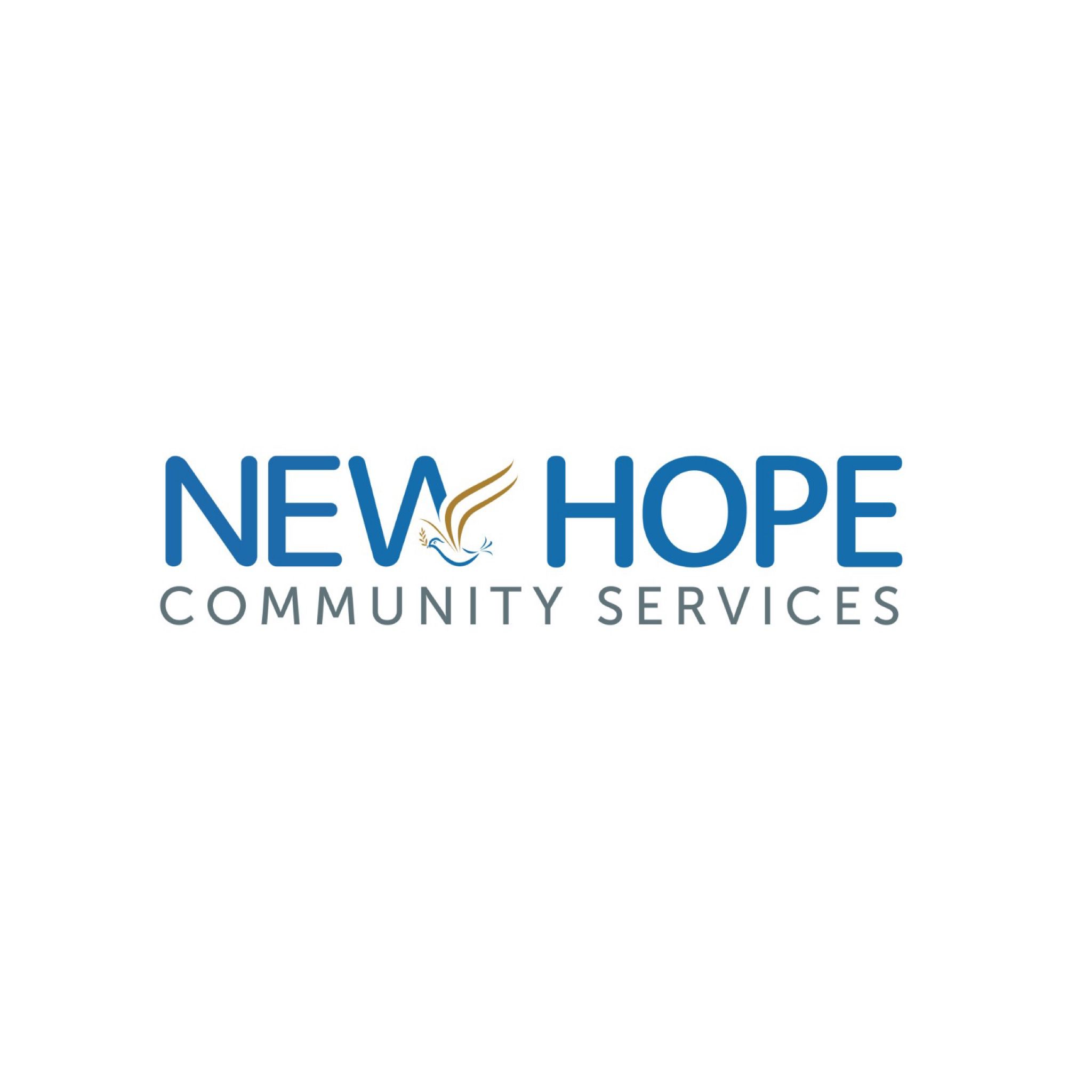About MIJ Hub Ltd
My Inspiring Journey Hub (MIJ Hub) is a leading and rapidly growing private school and non-profit organization (NPO) dedicated to transforming the lives of individuals aged 4 to 40 with diverse learning needs. Through our comprehensive educational programs, vocational training, and community integration initiatives, we have been creating positive change locally for over 13 years. Our mission is to be the ultimate one-stop center for the special needs community in the region.
At MIJ Hub, we are pioneers in innovation. By managing multiple for-profit ventures, including a food and beverage (F&B) arm, we generate sustainable income streams that allow us to provide subsidies, ensuring parents and students have access to affordable, high-quality education. Join MIJ Hub and become part of a vibrant, dynamic team committed to driving financial sustainability, fostering inclusivity, and expanding our reach to make a real difference in the community.
Role Summary
The Special Needs Educator plays a critical role in delivering customised educational programs that cater to the unique learning needs of students with special needs. This educator will design, implement, and evaluate individualised education plans (IEPs) for students, ensuring holistic development across academic, social, and emotional domains. By fostering a nurturing and supportive learning environment, the educator will collaborate closely with multidisciplinary teams and engage with parents to drive positive student outcomes.
Key Responsibilities
1. Individualized Education Plan (IEP) Development
• Collaborate with specialists (therapists, counselors, etc.) and families to design and implement personalized IEPs for each student.
• Ensure the IEP aligns with the student’s goals and addresses academic, social, and behavioral needs.
• Regularly assess, review, and adjust IEPs based on the student’s progress and changing needs.
2. Instructional Delivery
• Develop and implement differentiated lesson plans that cater to various learning styles and abilities.
• Use creative and adaptive teaching methods, including assistive technology, to meet diverse student needs.
• Facilitate individual and group learning sessions, ensuring each student is engaged and supported.
3. Progress Monitoring and Assessment
• Conduct ongoing formative and summative assessments to monitor student progress and document learning outcomes.
• Maintain detailed records of each student’s academic performance, key observations, behavioral progress, and developmental milestones.
• Provide data-driven insights and recommendations to refine student learning plans.
4. Classroom Management
• Establish a positive, structured, and inclusive classroom environment that promotes student engagement and active learning.
• Implement positive behavior management strategies and de-escalation techniques, ensuring a safe learning space for all.
• Address challenging behaviors with evidence-based interventions and document behavioral changes as needed.
5. Daily Care and Safety
• Assist students with personal care tasks as needed, such as feeding, dressing, or mobility support, ensuring that their dignity and independence are maintained at all times.
• Supervise and monitor students during classroom activities, outdoor play, and transitions to ensure their safety.
• Follow established health and safety protocols to manage risks, prevent accidents, and maintain a safe learning environment for all students.
• Be aware of and ready to implement emergency procedures and first aid protocols in
case of accidents or health concerns.
6. Collaboration and Teamwork
• Work closely with therapists, learning support staff, and other educators to provide a coordinated approach to student care.
• Participate in team meetings to discuss student progress, share resources, and collaborate on strategies for improved learning outcomes.
• Maintain regular communication with parents or caregivers, ensuring they are informed of their child’s progress and development.
7. Professional Development
• Participate in ongoing professional development to stay up-to-date with best practices in special education.
• Engage in peer observation, mentorship, and feedback sessions to continuously refine teaching methodologies and classroom practices.
• Attend workshops, courses, and certifications as required by the organization to enhance competencies.
8. Parental Engagement
• Conduct regular progress meetings with parents/guardians to discuss student goals, progress, and challenges.
• Provide parents with resources and strategies for supporting their child’s learning at home.
• Act as a liaison between the school and families, addressing concerns and fostering strong partnerships.
Skills and Qualifications
1. Educational Background
• Diploma in Special Education, Psychology, or a related field. Unrelated fields may also be considered.
• Additional certifications in special education methodologies (e.g., ABA, TEACCH, DIR/Floortime, etc.) are advantageous.
2. Experience
• Minimum of 2-3 years of experience working with students who have special needs (e.g., ASD, ADHD, intellectual disabilities). Fresh graduates are welcome to apply.
• Experience working in both individual and group settings with special needs students is preferred.
3. Technical Skills
• Proficiency in developing and implementing IEPs.
• Proficiency in crisis intervention strategies, ability to adapt to different learning styles
• Experience using assistive technology and alternative communication methods (e.g., PECS, AAC).
• Strong skills in using digital tools for progress monitoring, lesson planning, and student communication.
4. Personal Qualities
• Strong problem-solving skills and adaptability to manage diverse student needs.
• Excellent interpersonal and communication skills to work collaboratively with multidisciplinary teams and parents.
• Compassionate, patient, and committed to providing high-quality, inclusive education for students with special needs.









